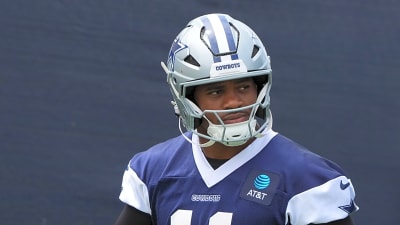Elon Musk recently announced a new company named Macrohard, which he insists is a “tongue-in-cheek” but very real project. Given the criticism against Windows 11 over the past year for legitimate reasons, Macrohard may be the best alternative, according to Musk. That said, could the man behind the controversial transformation of Twitter actually present a viable solution?
From Tweets to Tech: Musk’s New OS
Elon Musk proposed a purely AI-generated substitute for traditional software giants with Macrohard, following reports of undeletable caches and compatibility issues with certain SSDs. Furthermore, the billionaire argues that companies like Microsoft do not physically manufacture their own hardware components. As a result, they should be entirely feasible to simulate their entire operation using artificial intelligence. However, this perspective overlooks the complex, multi-layered nature of the global technology supply chain.
Additionally, Microsoft doesn’t fabricate its own semiconductors for devices like the Surface laptop or the Xbox. Instead, it engages in intricate hardware design and partners with specialized manufacturers like AMD, who in turn rely on foundries such as TSMC. Whether Musk’s reasoning adequately explains why this specific aspect of the business model makes Microsoft uniquely susceptible to AI simulation remains to be seen.
Unfortunately, he didn’t provide any further elaboration on this critical point, leaving a substantial logical gap in his proposal. Mainly, Microsoft is a voracious adopter and integrator of AI across its ecosystem. Furthermore, it integrates tools like Copilot directly into its operating system and productivity software, which fundamentally undermines the simple notion that AI is an external force that could replace them.
The OS Is a Joke, the AI Is Real
Microsoft can thank its enduring success not only to its branding, but also to its deeply integrated and highly specific suite of interconnected software and services. These tools include the ubiquitous Windows OS and the Microsoft Office suite. With Macrohard, can a broad, undefined AI solution genuinely replicate the decades of refinement, user experience design, and institutional trust embodied in these products?
Elon Musk’s Grok AI delivered the announcement for Macrohard alongside a recruitment plug for x.ai. Specifically, this update feels more like a promotional stunt than a detailed blueprint for a new kind of software company. Furthermore, Musk’s history of favoring provocative names over substantive plans may overshadow this announcement, as evidenced by his long-standing obsession with the letter “X” for his banking venture, his child’s name, and finally, Twitter’s rebrand.
Macrohard: Innovation or Pure Provocation
The Macrohard trademark was acquired for a mere $2,300 and has already ignited a frenzy among crypto promoters and blue-checkmark accounts on X. Moreover, these individuals have flooded the platform with AI-generated hype and speculation about digital currencies. So, is this early reaction suggesting a project built on substance or merely on the gravitational pull of Musk’s celebrity?
Taking this context into consideration reveals that the entire endeavor doesn’t appear like a coherent technological vision. Instead, it seems more like a vehicle for expressing a personal distaste for Microsoft. Despite the project’s apparent lack of depth, this sentiment might be the one aspect of the announcement that is ultimately relatable to some critics.
More must-reads:
- Trail Blazers star sends France to upset loss at EuroBasket
- Giants QB Russell Wilson believed to have short leash
- The 'NFL QB season rushing leaders' quiz
Customize Your Newsletter
 +
+
Get the latest news and rumors, customized to your favorite sports and teams. Emailed daily. Always free!








